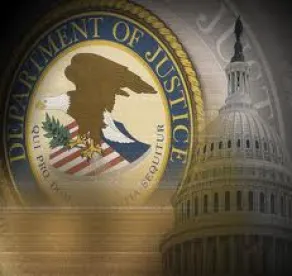On Oct. 6, 2017, during a speech at New York University School of Law, Deputy Attorney General Rod Rosenstein explained the Department of Justice (DOJ) is reexamining current DOJ policy as part of an effort to streamline and centralize internal guidance. As of now, DOJ policies span multiple sources, including internal manuals, memoranda, speeches and articles interpreting policies. DOJ is in the process of collecting outstanding policy from these disparate sources to incorporate them, where appropriate, into the U.S. Attorneys’ Manual, the primary reference document for all DOJ prosecutors and agents. As part of this process, old policies will be reviewed and recommendations will be made on how policy may be improved.
Rosenstein did not directly announce any policy changes in his speech. However, Rosenstein stated any changes to corporate compliance and enforcement policy will reflect input from stakeholders inside and outside the DOJ and be guided by the following principles:
First, any changes will reflect [a] resolve to hold individuals accountable for corporate wrongdoing.
Second, [policy changes] will affirm that the government should not use criminal authority unfairly to extract civil payments.
Third, any changes will make the policy more clear and more concise.
In addition to refining policies and making them easier for DOJ personnel to find, Rosenstein revealed several efforts being undertaken to enhance DOJ’s training and culture. First, DOJ will improve its training for prosecutors and agents on corporate fraud and the prosecution of culpable individuals. Next, DOJ is establishing a “working group” to “evaluate and monitor” DOJ’s “long-term effectiveness in promoting individual accountability and deterring fraud.” Finally, DOJ will review current practices regarding “corporate monitors, the [Foreign Corrupt Practices Act] Pilot Program, corporate investigation training programs, and the mandate of the Financial Fraud Enforcement Task Force.” Rosenstein invited comment from the public on these topics and on how to encourage public-private cooperation in fighting crime, particularly cybercrime.
Rosenstein made repeated reference to the belief deterrence requires enforcement through penalties decision-makers are unwilling to pay. Should this perspective shape any substantive changes to corporate policy, corporate observers should likely expect an emphasis on individual deterrence and incentives to companies to develop and enforce internal compliance programs.




 />i
/>i
